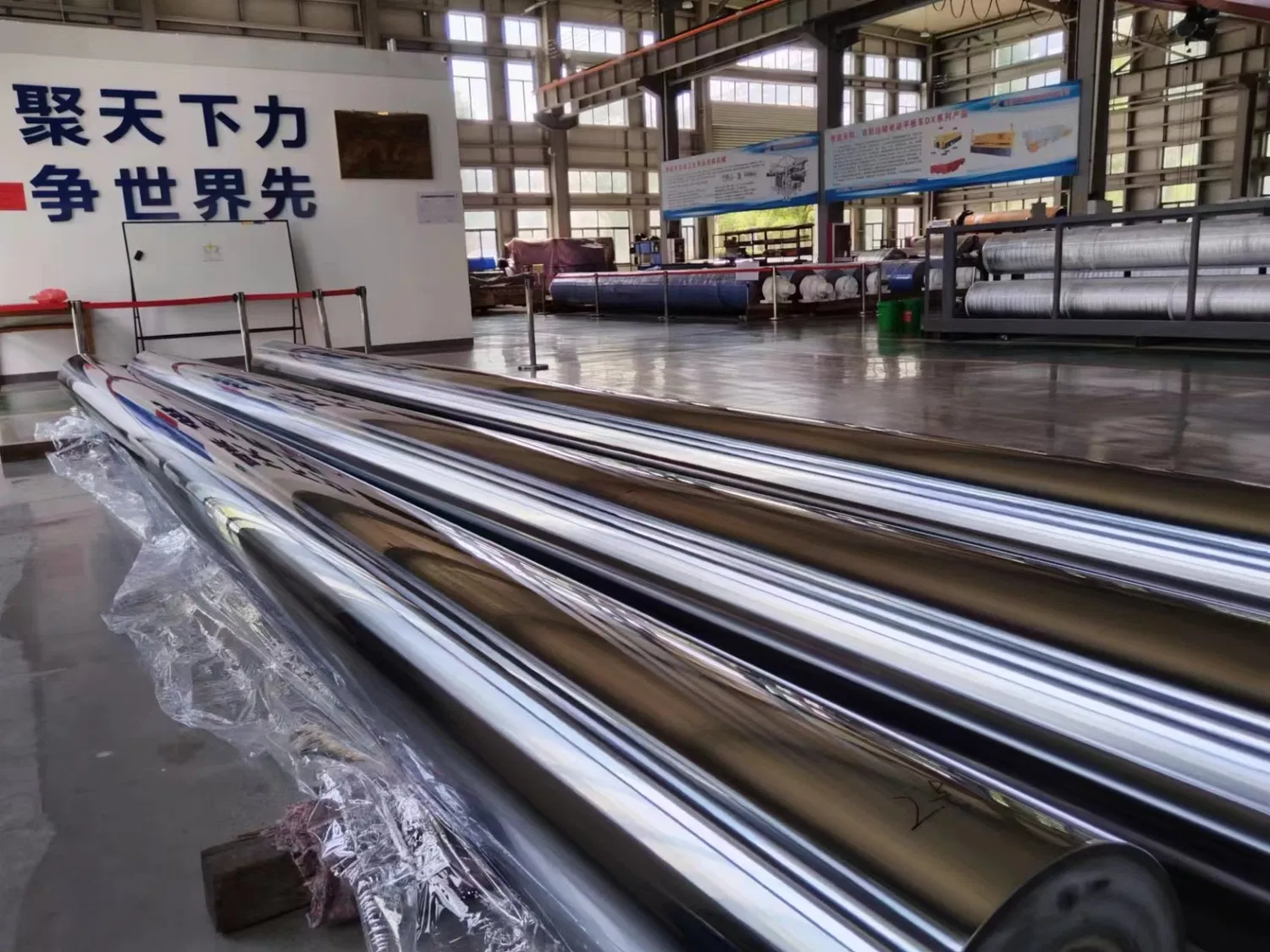Understanding the Role of Forming Rolls in Paper Production
In the paper manufacturing process, forming rolls play a crucial role in determining the final paper quality. These rolls are responsible for dewatering and consolidating the paper web, which is essential for achieving the desired thickness, density, and strength of the paper.
Factors Affecting Forming Roll Performance
The performance of forming rolls is influenced by several factors, including their design, materials, and surface characteristics. Proper design and selection of materials can help improve dewatering efficiency and enhance paper quality. Regular maintenance and surface treatment of the rolls are also essential to ensure their optimal performance and longevity.
Optimizing Forming Roll Design for Better Paper Quality
To achieve the best possible paper quality, it is essential to optimize the design of forming rolls. This involves considering factors such as roll diameter, length, and surface pattern. The use of advanced roll technology, such as grooved or structured rolls, can help improve dewatering and sheet formation, resulting in better paper quality and reduced production costs.
The Impact of Roll Materials on Paper Quality
The choice of roll materials can significantly affect the performance and lifespan of forming rolls. Materials such as chrome-plated steel, ceramic, and rubber offer different advantages and disadvantages in terms of wear resistance, dewatering efficiency, and compatibility with various paper grades. Selecting the appropriate roll material for a specific application can help improve paper quality and reduce downtime and maintenance costs.
Maintaining Forming Rolls for Consistent Paper Quality
Regular maintenance and timely replacement of worn-out forming rolls are crucial for ensuring consistent paper quality. This includes cleaning, grinding, and polishing the roll surfaces to remove any buildup or damage that may affect their performance. Additionally, applying coatings or treatments to the roll surfaces can help improve dewatering, reduce wear, and extend the roll's service life.
The Benefits of Proper Forming Roll Maintenance
- Improved paper quality and uniformity
- Reduced downtime and maintenance costs
- Increased roll lifespan and efficiency
- Enhanced dewatering and sheet formation
Conclusion
Forming rolls are a critical component in the paper production process, and their design, materials, and maintenance significantly impact the final paper quality. By optimizing forming roll technology and implementing proper maintenance practices, paper manufacturers can improve their product quality, reduce production costs, and enhance their competitiveness in the market.



